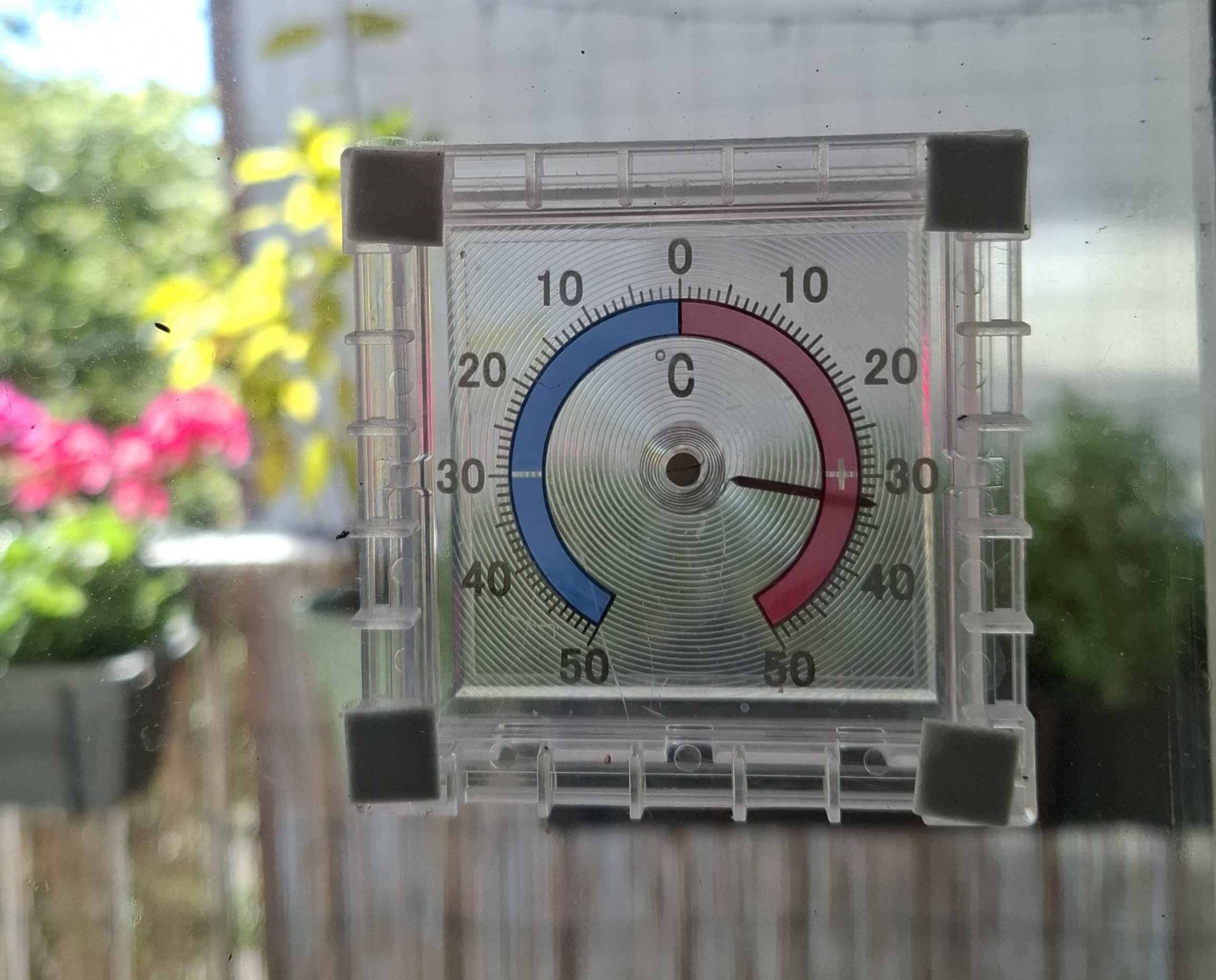Global warming will push up Dutch heat-related death rate
Claudia Delpero
The number of heat-related deaths in the Netherlands could more than double or even quadruple if climate policies do not succeed in keeping global warming within the limits set in the Paris agreement, a new study has revealed.
Estimated annual heat-related deaths in the Netherlands could rise from the current median of 1,054 to 1,231 if average global temperatures increase by 1.5° and to 1,606 if they increase by 2°, the target limits set by the Paris climate deal.
Should global average temperatures increase by 3°, the annual number of heat-related deaths would more than double, reaching 2,800, and with a 4° increase more than quadruple, reaching 4,505.
The figures emerged from the first analysis of temperature-related mortality across Europe, which was carried out by scientists at the European Commission Joint Research Centre (JRC) and published in The Lancet.
The study notes that during the summer of 2022, the hottest on record for Europe, mortality rates were already unusually high, with more than 60,000 heat-related deaths estimated across the continent.
The report attributed 407,538 deaths a year in Europe to hot and cold weather in the period between 1991 and 2020. Cold-related fatalities (approximately 363,809) outnumbered heat-related ones (43,729), but the latter are expected to surge with global warming, the JRC said.
In a 3° warming scenario, there could be a threefold increase in heat-related mortality with respect to today, while cold-related deaths will decline by 30,106.
In the Netherlands, mortality due to cold was also much higher than that due to heat, with 5,847 fatalities per year. Based on the scientists’ projections, this could increase to 7,955 with an average global temperature increase by 1.5°, or decline to 5,474 with a 4° warming.
A key factor influencing mortality rate is demographic change as Europe’s population is ageing, scientists said.
The assessment also reveals major differences in temperature-related mortality across Europe. Heat-related deaths, now six times more frequent in southern than in northern Europe, will occur 9.3 times more frequently in the south than in the north by 2100, the report says.
“In northern Europe, summers will be warmer, but not lethal. These regions will become more vulnerable to extreme heat due to ageing population,” according to the Joint Research Centre.
Thank you for donating to DutchNews.nl.
We could not provide the Dutch News service, and keep it free of charge, without the generous support of our readers. Your donations allow us to report on issues you tell us matter, and provide you with a summary of the most important Dutch news each day.
Make a donation